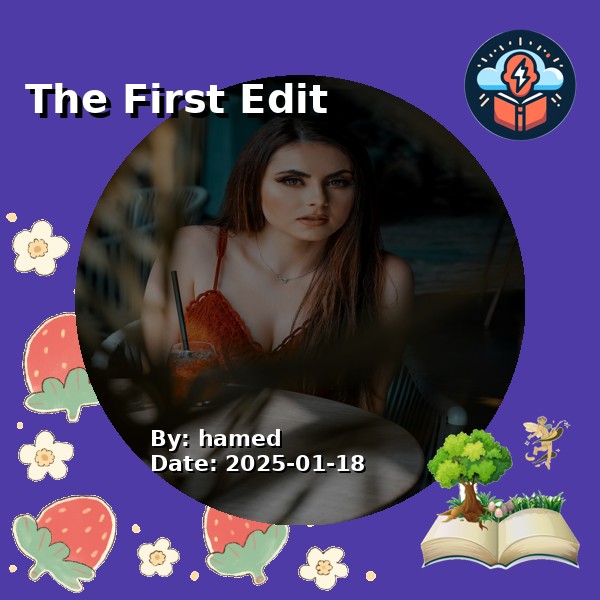It was a cold afternoon in January 2001, and Max sat hunched over his desk, scribbling frantically on a crumpled piece of paper. His history project was due tomorrow, and though he had the basic idea in mind, the details kept slipping through his fingers. The internet, though abundant with information, felt like a maze—every search led him down a rabbit hole of endless links, none of which answered the specific question he needed: What was the true origin of the American Revolution?
Max clicked through page after page, each more confusing than the last. Then, just as he was about to give up and settle for the same tired textbook references, a strange link appeared in his search results: Wikipedia.
He’d never heard of it before. The title looked odd—just a string of letters and numbers—but curiosity got the best of him. Max clicked on the link, expecting another vague site. What appeared, however, was a clean, simple page titled: American Revolution.
At first glance, it looked like any other article. But what caught his eye were the little blue links scattered throughout. See also: Causes of the American Revolution. Key Events in Revolutionary War. Colonial Resistance Movements.
Max clicked on one. And then another. The articles were connected—interwoven—and for the first time, he felt like he was finding the puzzle pieces to a much larger picture. But the most incredible part wasn’t just the information—it was the note at the bottom: This article is a work in progress. Feel free to add or edit information.
Max blinked. Add or edit?
He stared at the words, unsure if he had read them right. In the chaos of his mind, he couldn’t understand. Anyone can edit this? he thought. Just like that?
With a mix of excitement and hesitation, Max decided to try. He clicked the “edit” button, unsure of what he was about to do. There, in the text box, was the entire article. He quickly found a section where he thought he could contribute—an area discussing the economic conditions leading up to the revolution. The article was decent, but he had recently read in his history book about the specific role of the British sugar tax in igniting colonial unrest. Max typed it in: The Sugar Act of 1764 played a crucial role in increasing colonial resentment toward British taxation, laying the foundation for further resistance movements.
His heart raced. Could he really just add this? Would someone delete it?
He clicked “Save page.”
And, to his amazement, the change was live. His words were now part of the article, forever connected to that vast web of knowledge. It wasn’t just his project anymore. It was a shared understanding.
Max sat back in his chair, his mind spinning with the enormity of what he’d just experienced. For the first time, he wasn’t just consuming information—he was contributing to it. There was no teacher, no textbook, no single authority telling him what was right or wrong. It was all collaborative, a living, breathing thing that anyone could help shape.
When Max turned in his project the next day, he didn’t just submit a paper. He felt he had touched something much bigger.
That evening, he logged back into Wikipedia, and with newfound curiosity, began to read and edit other entries. The world of knowledge, once so daunting, was now open to him. No longer confined to the limitations of a classroom, Max had discovered a space where the pursuit of understanding was collective, ever-evolving. And, with every click and every edit, he became part of a movement—a movement that had only just begun.
